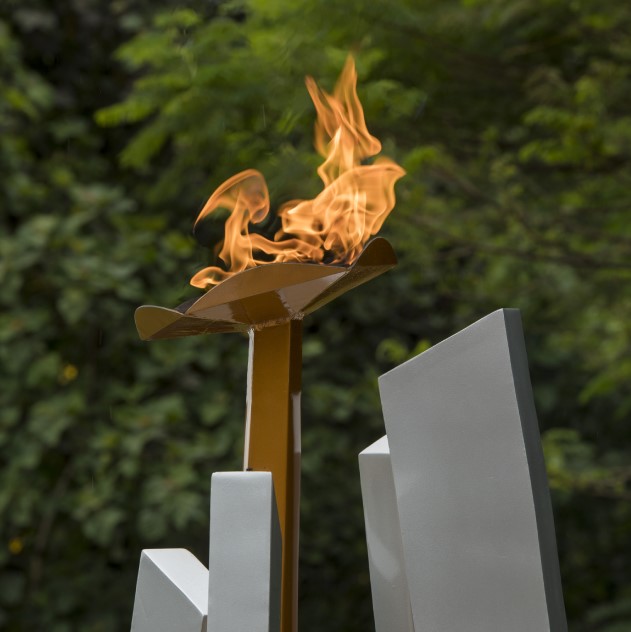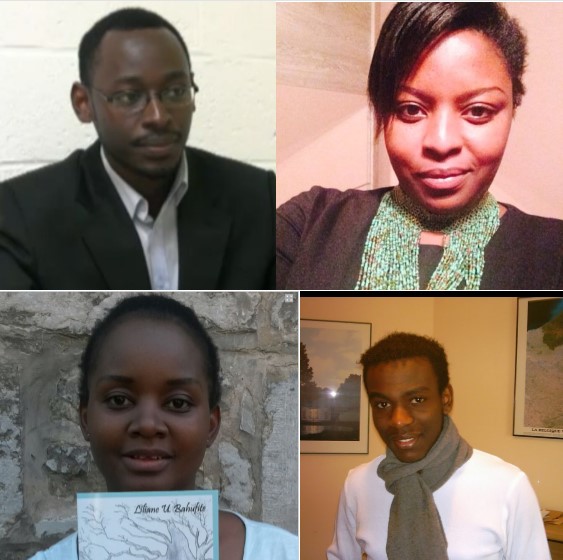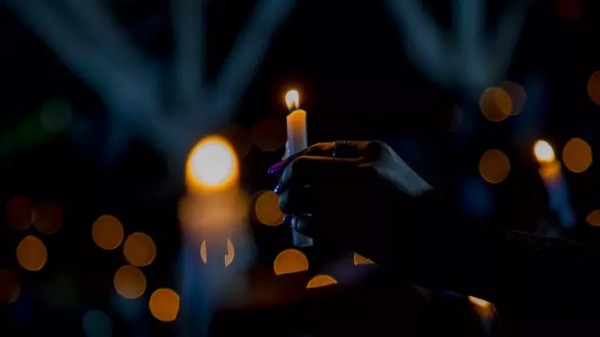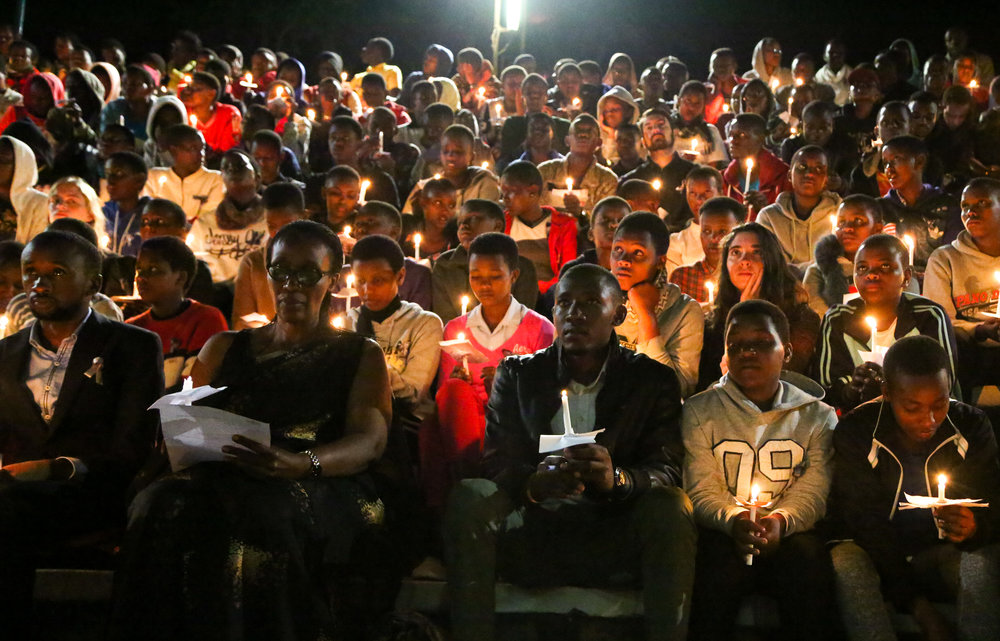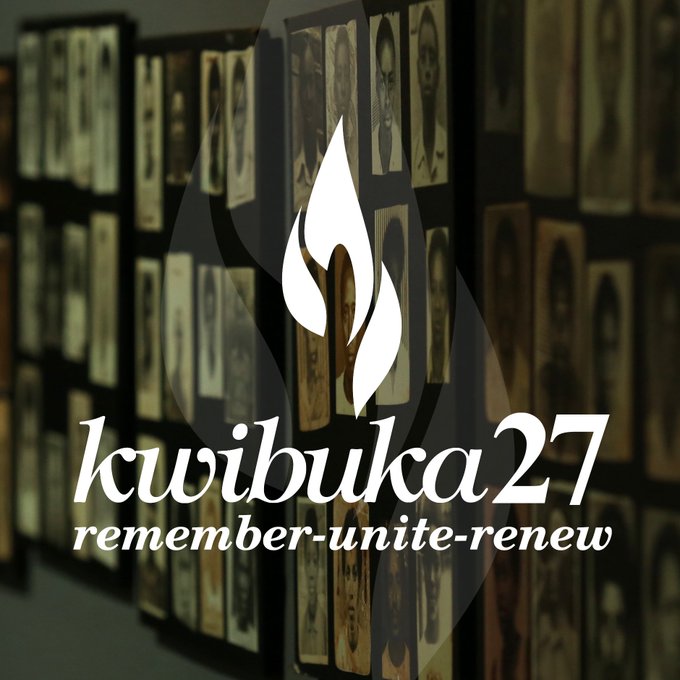Regional
Kwibuka30: Rwanda’s reconciliation journey a beacon of hope
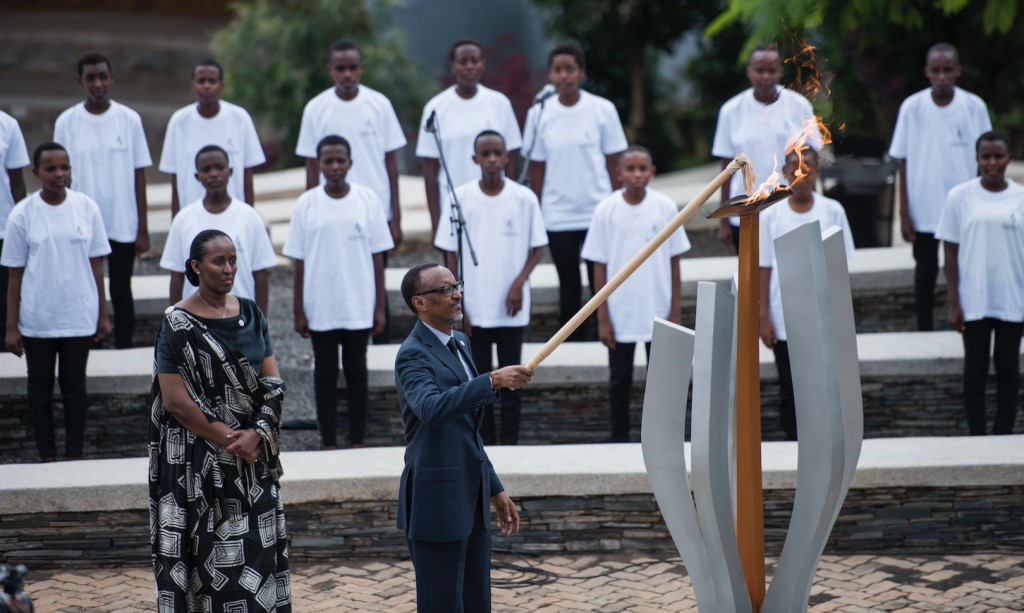
Rwanda
found its own unique path to reconciliation after the 1994 Genocide against the
Tutsi. The east African country crafted its road to reconciliation despite all
the challenges.
Rwanda
has known unimaginable pain and suffering. For 100 days, in 1994, over one
million lives were lost in the Genocide against the Tutsi. The scars of that
dark period still linger, but three decades later, Rwanda has shown remarkable
resilience in its efforts to heal and reconcile.
Rwandans
are at the heart of this reconciliation journey.
During
the 25th commemoration ceremony in Kigali, President Paul Kagame said: “Someone
once asked me why we keep burdening survivors with the responsibility for our
healing. It was a painful question, but I realized the answer was obvious.
Survivors are the only ones with something left to give: Their forgiveness.”
“In
the end, the only conclusion to draw from Rwanda’s story is profound hope for
our world. No community is beyond repair, and the dignity of a people is never
fully extinguished. Twenty-five years later, here we are. All of us. Wounded
and heartbroken, yes. But unvanquished."
Reconciliation
after human rights violations, violent conflict and genocide is one of the most
daunting tasks for a society, he said. It is ultimately a matter of finding a
way forward and jointly transforming relationships, reconstituting the social
fabric and strengthening the social cohesion.
In the
last decades, it has become more and more evident for Rwandans, that there is
no one-size-fits-all solution to reconciliation. Each context, with its
specific history, dynamics, and conditions, needs to identify and design its
own direction and strategy.
The
path of reconciliation includes the process of acknowledging the atrocities,
and suffering of the victims, preventing impunity, facilitating justice and
supporting healing at all levels of society.
It was
in July 1994, after stopping the genocide against the Tutsi that the RPF led
the establishment of Government of National Unity in accordance with the Arusha
Peace Agreement.
Since
1994, Rwanda has been working with partners and its citizens to reconcile and
unite the people of Rwanda following decades of divisive politics and policies.
Rwanda’s
progress is remarkable. It's story should serve as an inspiration for other
African countries grappling with how to shape the direction their countries
take.
Through collective efforts, the country is
creating a better future for the generations to come.
Reconciliation
plays a big role in ensuring sustainable peace, stability, and development.
Genocide
survivors have witnessed perpetrators admit
that what they did was wrong, through restorative dialogues, and asking
for forgiveness and working towards rebuilding relations.
There
is power of restorative justice and reconciliation in promoting healing and
forgiveness between survivors and perpetrators of the genocide. Despite the
unimaginable pain and trauma, Rwandans found a way to unite and work towards a
better future for themselves and their communities.
Through
Ndi Umunyarwanda, Rwanda prioritized unity and reconciliation.
The scars of the genocide may never fully
heal, but the country's commitment to building a more inclusive and harmonious
society is unwavering. Rwanda has shown the world that forgiveness, compassion,
and unity, are possible, even in the face of unimaginable pain and trauma.
Initiatives
aimed at promoting economic development and social inclusion have been
essential for building a resilient society. Similar initiatives must be
implemented in other parts of the world to promote lasting peace and stability.
Rwanda's
story reminds us that no matter how deep the wounds may be, healing and
forgiveness are possible. Let us take inspiration from Rwanda's journey and
join hands to work towards a future where ethnic division, hatred, and
prejudice have no place in our society as we renew our commitment to building a
more inclusive and harmonious world for all.



